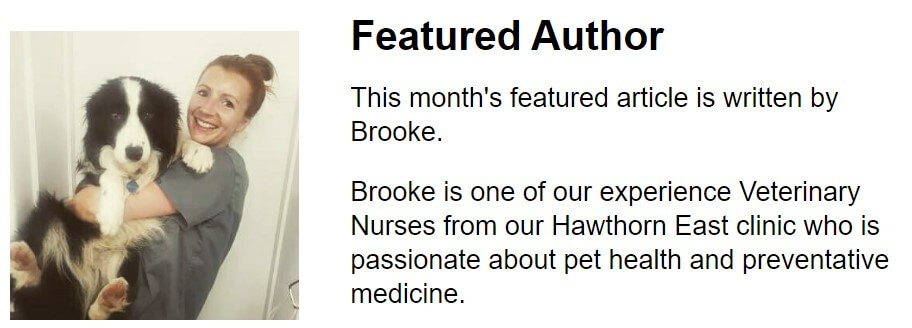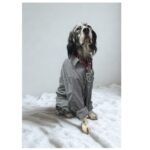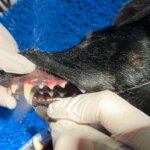Why is the prevention of dental disease so important?
While dental health can play a big role in the overall health of your pet, many pets can mask dental disease and show little to no signs until the disease has advanced. The effects of dental disease are not just limited to the mouth; the bacteria formed in the mouth will not only cause bad breath, tooth loss and chronic pain, but can spread through the bloodstream to also affect the heart.
So how do we work towards preventing dental disease and maintaining a healthy comfortable mouth for our furry little friends?
Our friendly nurses can offer free dental examinations where we can check the health of the gums and teeth. We then discuss with you easy options to manage in the prevention of dental decay; from good quality dental foods, safe chew toys and treats, to demonstrating at home dental brushing techniques.
The good news is we can reverse early signs of dental disease! If your pet is older or has signs of dental disease already present, they may require a dental procedure with our vets under general anaesthetic.
“Why does my pet need an anaesthetic for dental work?”. Great question! We recommend that all canine or feline dental procedures occur under general anaesthesia. Here’s why:
We can check your pet more thoroughly
We can get a dental probe under the gumline, inspect all surfaces of the teeth, and examine the mouth, cheeks and throat.
We can perform a better clean
Just look at one of our patient’s dramatic transformation above. A large amount of built up hard tarter was able to be removed from each tooth safely and stress free.
Anaesthetic reduces stress and pain for your pet
Even if your pet is generally tolerant and relaxed, the noises and vibrations of electric dental instruments combined with bright medical lights would likely be a scary experience for them (as well as for us humans!).
Additionally, even a mild dental disease can cause increased tooth and gum sensitivity, which could make a simple clean painful.
Having your pet under anaesthetic ensures they feel no pain or stress during their procedure. It also allows us to administer pain relief medications and numbing nerve blocks if required so they recover comfortably too.





